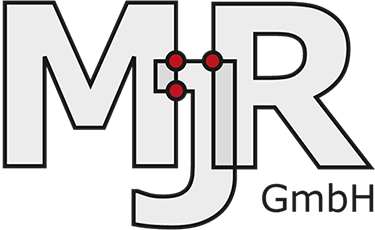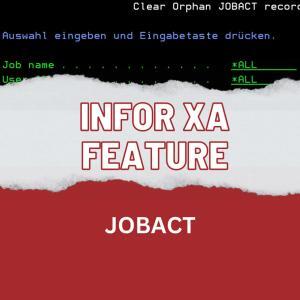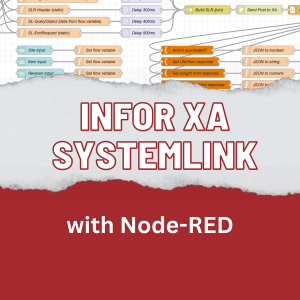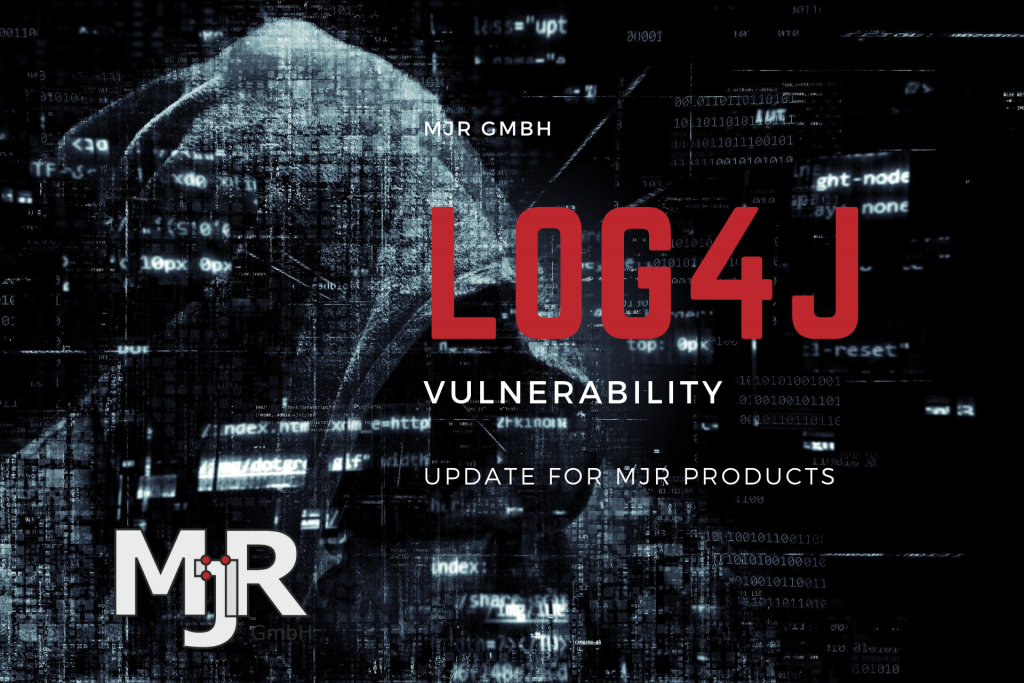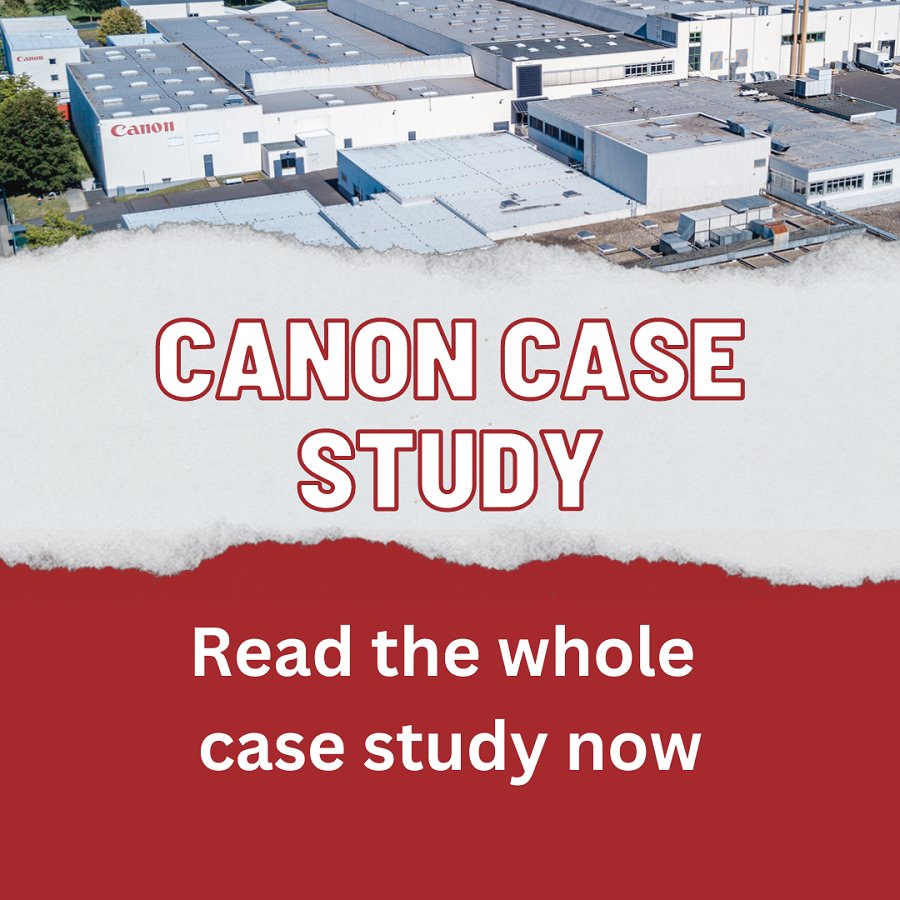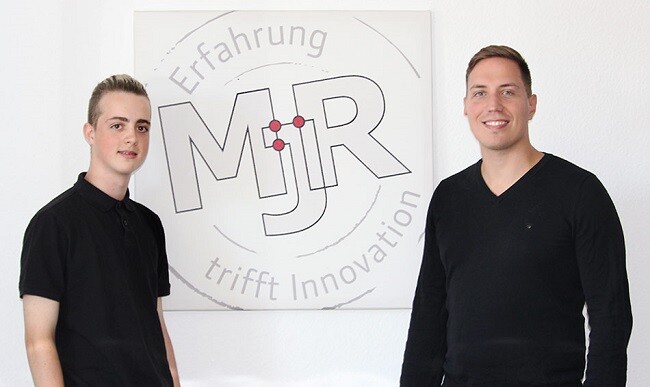Inhalt

Marcel Kosel
Sales Manager
Your partner for ERP and technology.
The Internet of Things (IoT) is a technology that is taking our world by storm. In recent years, it has become one of the most significant developments in the technology industry. IoT connects our physical world to the Internet and allows us to integrate smart devices and systems into our everyday lives. In this blog post, we will take a closer look at the Internet of Things and discover how it affects our lives.
What is IoT?
DThe Internet of Things refers to the networking of physical devices and objects that can communicate and exchange data with each other via sensors, software and other technologies. These smart devices can be used in our homes as well as in our work environments to improve our quality of life and achieve efficiency gains. With the networking of systems and equipment, processes in companies become more efficient. Read why the Internet of Things is also becoming increasingly important in this regard.
IoT in everyday life
The use of IoT in everyday life has already influenced numerous areas of our lives. Smart household devices such as smart thermostats, networked lighting systems and voice-controlled assistants such as Amazon Echo or Google Home have found their way into our homes and make our everyday lives more comfortable and efficient. By remotely controlling these devices via the Internet, we can, for example, turn on the heating before we arrive or have our favorite music played by voice command.
The Internet of Things (IoT) is not only impacting our everyday lives, but also industry. The networking of physical devices and machines opens up new opportunities to increase productivity, efficiency and flexibility in the manufacturing and industrial sectors. However, to leverage the full power of IoT in industry, a modern enterprise resource planning (ERP) system with integration capabilities is required. In this paper, we will take a closer look at the combination of IoT and ERP and highlight the benefits of such a system.
IoT in industry: Increase efficiency and productivity
The topic of IoT has also long since arrived in industry, enabling comprehensive networking and data collection of machines and production processes through integrations. Sensors embedded in various plants and devices continuously collect data such as temperature, pressure, humidity and machine performance. This real-time data provides valuable insight into the condition of machinery and enables early response to deviations or malfunctions.
By connecting IoT with a modern ERP system, this collected data can be efficiently processed and analyzed. The ERP system acts as a central data platform that brings together all the information from the sensors and other sources. This integration opens up a wide range of possibilities for optimizing processes, minimizing downtime and increasing productivity.
Advantages of a modern integration-capable ERP system in the IoT context:
Real-time data and improved decision-making: Continuous data collection by IoT sensors provides real-time information about the condition of the machines and the progress of production. With an integration-capable ERP system, this data can be processed immediately and converted into meaningful reports. This allows companies to make informed decisions and respond quickly to changing conditions.
Preventive maintenance: Continuous monitoring of machine conditions can identify potential failures or maintenance needs at an early stage. A modern ERP system can create preventive maintenance plans based on the IoT data, minimizing downtime and extending the service life of the equipment.
Optimizing supply chains: IoT enables companies to monitor the status of deliveries and inventories in real time. Integrating this data into an ERP system facilitates supply chain optimization and helps avoid bottlenecks and reduce inventory.
Flexibility and agility: IoT-based systems allow companies to make their production more flexible and respond more quickly to customer needs. With a modern ERP system, production processes can be easily adapted and automated to respond to new requirements and market changes.
Seamless integration of IoT devices and a modern ERP system requires powerful interfaces, ideally managed by middleware, such as the Infor Operating Service, better known as Infor OS . Diese Technologien spielen eine entscheidende Rolle bei der effizienten Verbindung und Kommunikation zwischen den verschiedenen Komponenten in einer IoT-Infrastruktur und einem ERP-System.
Below, we look at how interfaces and middleware are improving the integration of IoT and ERP in industry:
Data connectivity: Middleware serves as an intermediary between the IoT sensors and the ERP system to ensure smooth data connectivity. It enables the collection, aggregation and transmission of IoT data to the ERP system. It doesn’t matter if the data comes from different devices, protocols or vendors. The middleware ensures interoperability and standardizes the data to enable uniform processing in the system landscape. For example, the data can be accessed via well-known protocols such as OPC UA and MQTT. If the path via a „standard interface“ is excluded, for example because the machine is too old (retrofitting) or simply does not have these interfaces, individual developments are required to obtain the desired data. This development work requires a great deal of know-how.
Real-time communication: IoT data is often time-critical, especially when it comes to predictive maintenance or monitoring production processes. Middleware enables real-time communication between IoT devices and the ERP system. This allows important information to be captured and analyzed in real time to make quick decisions and respond immediately to changes in the production environment. Often systems are „hard wired“ and end up symbolically forming a big spaghetti pile of connections.
Scalability: IoT infrastructures can include a variety of devices and sensors, and the amount of data generated can be immense. Middleware provides scalability to handle this flood of data and ensure seamless integration of all components. It adapts to growing requirements and can work efficiently even in complex environments.
Security: Given the sensitivity of IoT data, robust security is critical. The middleware acts as a security gateway, protecting data from unauthorized access or tampering. It enables encryption of data transmission and authentication of devices to ensure the integrity of the collected data.
Data processing and -analysis: The middleware can also perform some pre-processing and filtering of the IoT data before it is forwarded to the ERP system. Dadurch wird die Datenlast im ERP reduziert und nur relevante Informationen gelangen in das System. Zudem kann eine moderne Middleware Prozesse verwalten und zum Beispiel E-Mails versenden, Trigger auslösen etc. Infor OS bündelt alle wichtigen Funktionen in Infor ION und bietet somit die perfekte Plattform für Integrationsprojekte oder IoT/Industrie 4.0 Szenarien.
Enhancement of IoT scenarios with the help of artificial intelligence
Combination of IoT and AI opens up a wide range of new opportunities and applications in industry. EOne innovative AI technology developed specifically for the industry is Infor Coleman. Coleman is Infor’s own AI solution and also part of Infor OS only in the Cloud version .
Infor Coleman is a powerful AI platform capable of analyzing massive amounts of data from IoT sensors and delivering intelligent insights. Coleman uses machine learning and predictive analytics to automatically identify patterns and trends in data. This enables companies to make more accurate forecasts, make informed decisions, and optimize their processes.
We are your contact when it comes to ERP and integration: Walk with us towards digitization!
We are your technical advisor as well as competent contact in matters of ERP, integration and digitization.

Or get in touch with us directly!
Marcel Kosel
Sales Manager



